Charlie Silver, Mission Bio CEO
Our splash at ASH 2018
We’re coming out of a great weekend, with sunny San Diego as the beautiful backdrop to the 60th American Society of Hematology Annual Meeting (ASH). In only our second year exhibiting, and barely a year past our initial launch of the Mission Bio Tapestri® Platform, our customers presented landmark studies. In tandem, we announced improvements to the platform and additions to the product line-up that scale our solution to enable researchers in heme oncology.
A milestone with MD Anderson Cancer Center
Dr. Kiyomi Morita from Dr. Koichi Takahashi’s group at MD Anderson opened up Saturday morning oral abstract presentations for acute myeloid leukemia (AML), presenting the largest patient research study using the Tapestri Platform. Characterizing a single-cell atlas of AML driver mutations in 82 samples across 70 patients, this is the first and largest study of its kind to perform single-cell DNA sequencing of longitudinal AML tumors totaling over 500,000 cells. In addition to seeing an association of increased heterogeneity with worse clinical outcomes when comparing baseline and remission samples, Dr. Takahashi’s group presented data reconstructing distinct patterns of clonal evolution, showcasing the power of single-cell DNA data to build a more accurate mutation history tree with an unambiguous view of all the actual clones, rather than inferring them from bulk next-generation sequencing (NGS) data.
Alex Aleshin from Stanford University too presented data using Tapestri on longitudinally collected AML samples. He highlighted several examples where Tapestri detected rare subclones down to 0.3% at complete remission timepoints. These rare subclones were shown to expand at the time of disease relapse, suggesting this approach may be suitable for AML minimal residual disease (MRD) identification.
Lastly, our very own CSO Dennis Eastburn rounded out the presentations with a study sequencing over 140,000 cells in longitudinal AML tumors and illustrating clonal remodeling in response to the FLT3 inhibitor gilteritinib. While many patients responded to this treatment, clones that were detected in relapse samples included co-occurring FLT3 and oncogenic RAS mutations. Again, these mutations were often not detected by bulk NGS between 0.4% and 0.05% of the tumor populations; furthermore, the co-occurring mutations in specific clones were also indiscernible by bulk NGS. These RAS mutant clones selectively expanded despite the targeted therapy, and this data demonstrates the potential to better inform patient stratification and therapy selection.
Advancing the platform for hematology
In further advancement of our platform, our team announced product extensions for the hematology research community. We developed a Tapestri Single-Cell DNA Panel for chronic lymphocytic leukemia (CLL), a disease where tumor heterogeneity plays a part in disease progression and therapy response. Covering 34 genes with 286 amplicons, this panel starts shipping later this month.
Compatibility, too, has been expanded, to include Illumina® HiSeq 4000 and NovaSeq 6000 sequencers, in addition to compatibility with the MiSeq and HiSeq 2500 instruments. This reduces sequencing costs from $1,100 to under $200. The dramatic cost improvement enables our customers to study larger patient sets within existing budgets.
In addition, Tapestri Custom Panel Designer will be available later this month, enabling Tapestri Single-Cell DNA Custom Panels to be designed quickly and easily. The user interface of the web-based application is simple and intuitive, and it leverages the decades of primer-design experience of our incredible bioinformatics team.
I’m proud of the work our customers are doing on the platform in service of the patients they are studying and treating. Looking forward to a strong finish to 2018, and more sun next year at ASH 2019 in Orlando, Florida.











